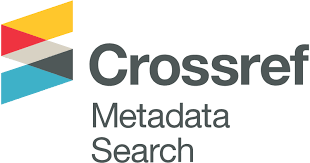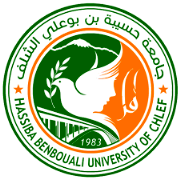From Inadequacy to Becoming in Leila Aboulela’s the Kindness of Enemies
DOI:
https://doi.org/10.70204/jlt.v5i1.434Keywords:
Becoming, Leila Aboulela, Minoritarian, Nomad, Striated and Smooth spacesAbstract
This article conducts an in-depth examination of the concept of “becoming” in Leila Aboulela’s The kindness of the Enemies, focusing on the evolution of the main character, Natasha, from a state of insecurity to an enlightened understanding of her authentic self. Through a juxtaposition of modern Scotland after 9/11 and the Caucasus region during the 19th century, Aboulela accentuates the profound impact of historical and societal phenomena on personal identity. She critically addresses and subverts media stereotypical representation of Muslims, while intricately exploring the nuances of cultural and religious identity. The novel’s protagonist, along other characters, exemplifies how contemporary diasporic Muslim identities are bound to their historical and cultural heritage and how
they negotiate their identities in the modern world. Relying on Deleuze and Guattari’s notion of “becoming”, this article, through textual analysis, provides a nuanced understanding of Natasha’s development of subjectivity and identity formation. The analysis reveals that her fluid passages between various spaciotemporalities as well as her nascent sympathies and alliances compel her to quest her selfhood beyond the binary logic of inclusion and exclusion.














